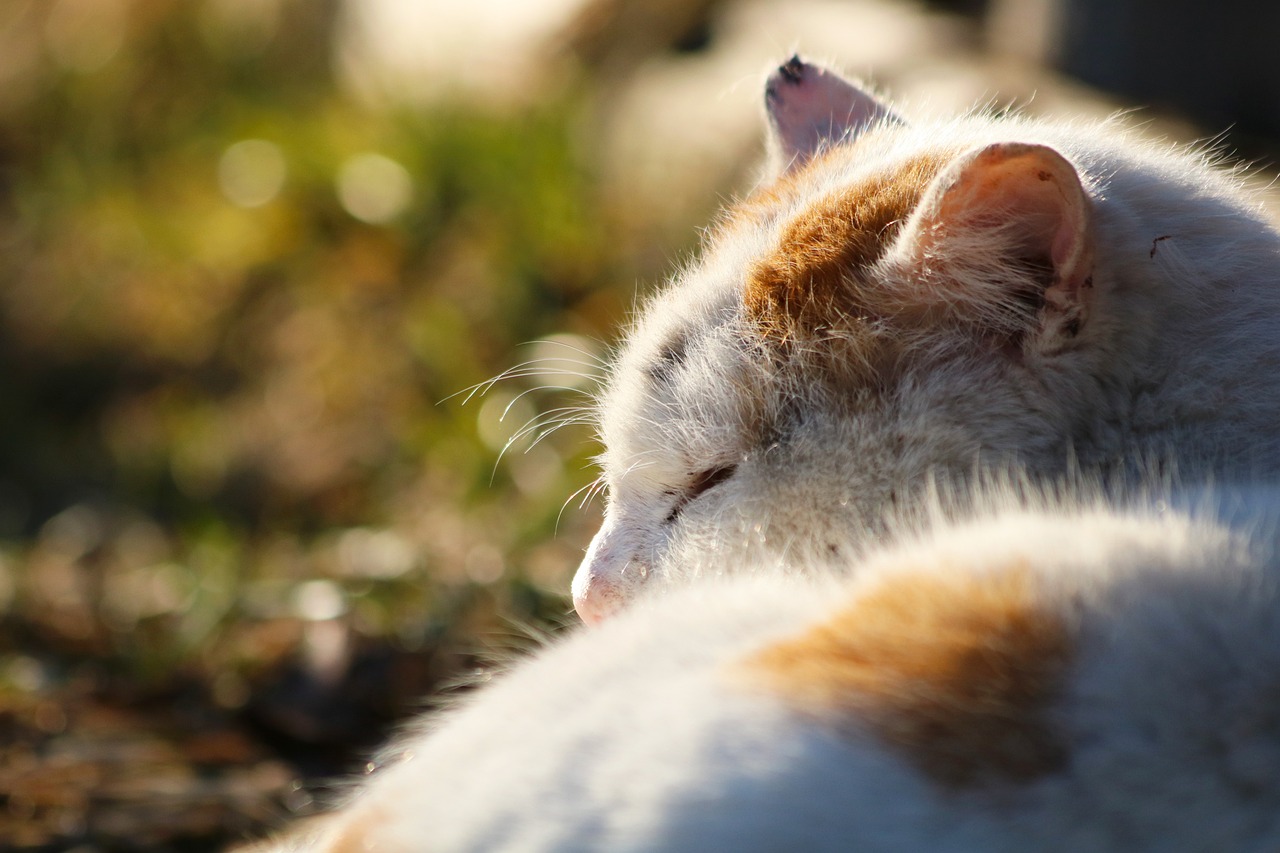Hypnos holds a significant position in Greek mythology as the embodiment of sleep, representing a vital facet of human existence. He is the offspring of Nyx, the goddess of the night, and Erebus, the god of darkness. Hypnos shares a close bond with his twin brother, Thanatos, who governs death. Together, they possess the unique ability to offer solace and tranquility to the weary, and ultimately, to usher souls into the afterlife. The influence of Hypnos permeates various aspects of ancient Greek life, from woven tales and prayers to artistic expressions and religious customs. This article delves into the multifaceted representation of Hypnos in ancient Greece, highlighting his significance in their culture.
Hypnos: The Guardian of Dreams
In the realm of Greek mythology, Hypnos emerges as the god of sleep, portrayed as a benevolent and soothing deity who bestows calm and restorative slumber upon mortals. The term “Hypnos” shares roots with the word “hypnosis,” while in Roman mythology, he is referred to as “Somnus.” His parentage of Nyx and Erebus underscores his crucial role in the cycle of day and night. As the brother of Thanatos, Hypnos collaborates with him to alleviate suffering and ensure a gentle passing from life to death.
An excerpt from Homer’s Iliad illustrates this partnership: “But after the soul and the years of his life have left him, then send Thanatos, and Hypnos, who is painless, to carry him away.”
Hypnos is featured in various tales, residing in locations such as the underworld under his brother’s dominion, the island of Lemnos, or inside a shadowy cave. He is united in marriage with Pasithea, one of the younger Charites, who embodies meditation and relaxation — a clear reflection of the connection between slumber and rest. The offspring of Hypnos and Pasithea are known as the Oneiroi, representing dreams. Among them, Morpheus stands out for his remarkable ability to mold dreams based on the hopes and fears of individuals. Others include Icelus, who manifests dreams involving animals, and Phantasus, who creates visions with inanimate objects. The Muses, goddesses of inspiration in the arts and sciences, famously regarded Hypnos as a close friend, suggesting that he played a role in inspiring creativity through dreams. Ultimately, Hypnos is paramount in Greek mythology, as he ensures restorative sleep for gods and humans alike, safeguarding health and offering healing through the dream world.
Symbols and Attributes of Hypnos
Fittingly, Hypnos is adorned with various symbols and attributes that capture his essence in Greek mythology. He is frequently illustrated with wings upon his temples or shoulders, symbolizing the quick and quiet manner in which he influences sleep among mortals. The poppy flower, closely associated with slumber due to its hypnotic effects, stands as one of his most notable symbols. Hypnos’s domain is typically portrayed as a dark cave situated by the banks of the river Lethe, where opium poppies and other sleep-inducing plants thrive, symbolizing the nature of his realm.
Festivals and Rituals Honoring Hypnos
While there isn’t a specific festival devoted solely to Hypnos in ancient Greek customs, he was included in broader religious observances devoted to deities linked to sleep and dreams. One such festival is the Choes, part of the Anthesteria, a venerable Athenian celebration in homage to Dionysus. This festival was believed to be a period when spirits interacted, including entities associated with slumber. Attendees conducted rituals, invoking various deities’ protection, perhaps even requesting Hypnos’ intercession for peaceful sleep.
In ancient practices, Hypnos was frequently called upon through prayers and rituals at nightfall. It was customary for the Greeks to appeal to him for restful slumber and safeguard from harm during the night. Offerings such as poppy flowers or other symbols of his domain were often made in hopes of attracting his favor.
Ancient Sites Connected to Hypnos
Athens
Athens is rich in mythical history, and numerous landmarks relate to Hypnos. On Athens Mythology Tours, one can explore various narratives surrounding Hypnos and his links to other prominent gods like Poseidon and Heracles. Such sites reveal deep insights into the ancient Greeks’ understanding of sleep and its significance.
Delphi
Recognized as the center of the ancient world, Delphi is deeply intertwined with various deities, including Hypnos. While he is not directly aligned with the renowned Oracle of Delphi, the region’s myths and legends attest to his significance in matters concerning dreams and sleep.
Olympia
Home to the ancient Olympic Games, Olympia boasts important temples and monuments related to mythology. Though Hypnos himself is not directly connected to sports, his overarching influence can be felt through the pantheon of gods that played pivotal roles in Greek cultural belief.
Hypnos in Art
Throughout history, Hypnos has captivated artists, providing a rich theme for inspiration. In ancient art, he is often portrayed as a youthful man with wings, symbolizing the ephemeral nature of sleep. Notably, during the classical era, a portrayal of Hypnos alongside Thanatos can be found in the British Museum, showcasing how these mysterious deities were interpreted in antiquity.
Hypnos also features prominently in classical literature, as seen in works by the Greek poet Hesiod and the Roman poet Ovid. Hesiod’s Theogony details Hypnos’s lineage, while Ovid’s Metamorphoses highlights the bond between Hypnos and Thanatos. This emphasis on the significance of sleep for both mortals and immortals demonstrates the profound connection between these deities.
Conclusion
This exploration captures the essence of Hypnos, the deity of sleep. Born from Nyx and Erebus, he embodies serenity and guides the divine and mortal realms into restful slumber. His influence extends to the underworld and is symbolically linked with attributes like wings and opium poppies. Although formal celebrations are absent, Hypnos remains a critical figure in bedtime rituals, reflecting the ancient Greeks’ reverence for the fundamental need for rest. The historical sites from Athens to Olympia resonate with the lasting legacy of Hypnos in mythology and art.



